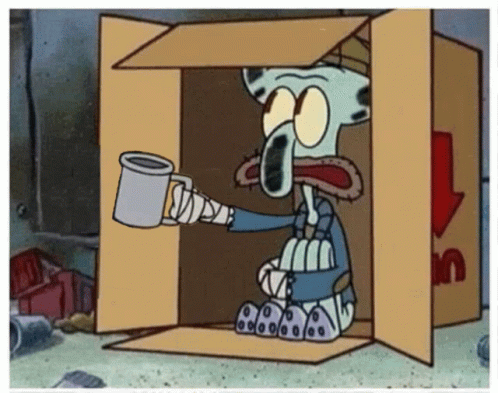
Poverty, Inc. is a documentary that shows the real effects of financial foreign aid. In business, there are many rules, regulations, reactions, and processes that create seen and unseen effects. These four things also create unrealized effects. More often than not, society suffers consequences from the unrealized. The economy can especially be effected in negative ways. The documentary focuses on the unrealized effects of foreign aid.
In 2010, Haiti was hit by a catastrophic magnitude 7 earthquake. At the time, Haiti was already an underdeveloped country. Now, some economic factors have actually caused Haiti to fall even further behind. The factors I am referring to are foreign aid and NGO's. Foreign aid is any money, food, or other resources given to a country for free from another country. NGO's are non-government organizations that do the same thing in order to address a social or political issue. While these are an overall positive thing, there are some misconception behind them. They can be devastating to an area. Therefore, the misconception is that foreign aid and NGO's are always a good thing. An economy can't grow when there are always free things being sent. These economic hand-cuff's are the unrealized that Haiti has fallen victim to.
There is no denying that Haiti needed help after the natural disaster. Donations only become a problem when they keep coming. There are several great examples of this in the documentary. One man in Haiti had a solar company. After the earthquake, he went from selling 50 panels a week to 5 panels a week. The reason for this is an NGO sending free solar panels to the area. As a result, the man has lost a lot of business. No one is going to buy solar power when they are getting them for free. At this point, there's a negative rippling effect. Because the business isn't selling as much, the workers don't make as much. In turn, the workers don't have as much purchasing power. This is essentially how the economy is negatively hurt.
This process is compounded at the point of disaster. Solar power is some what of a rarer product. On the other hand, products like rice are being sent in massive quantities. It was said that before the earthquake, rice was more of a delicacy. Local farmers were able to produce the crop for the market and keep prices at a valuable point for everyone. After the earthquake, rice was being sent in large amounts. Haiti received so much rice it became a surplus. Not only was there a surplus, it was free. These too things made it impossible for rice farmers in Haiti to survive. Therefore, they stopped growing rice. Once again, income is taken away from an individual and taking money flow away from the economy.
Another example of this is clothing donations. Churches were taking shoe and clothes donations to send to third world countries. When people of a certain area are getting those items for free, the people making those products are affected. There is no longer any local cobblers or clothing producers. Once the church sends the clothes somewhere else, that poverty ridden area is doomed. They are no longer producing the items for themself and they are no longer receiving them for free. This sets their economy back a ton.
Ultimately, these situations are the result of social entrepreneurship. Social entrepreneurs start businesses to help social issues. What they might not know is that they can really be hurting certain areas. I find this relationship between entrepreneurs and society very interesting. I also believe it can be a great learning tool for future entrepreneurs. The point being that there are unrealized effects to every decision you make as an entrepreneur.